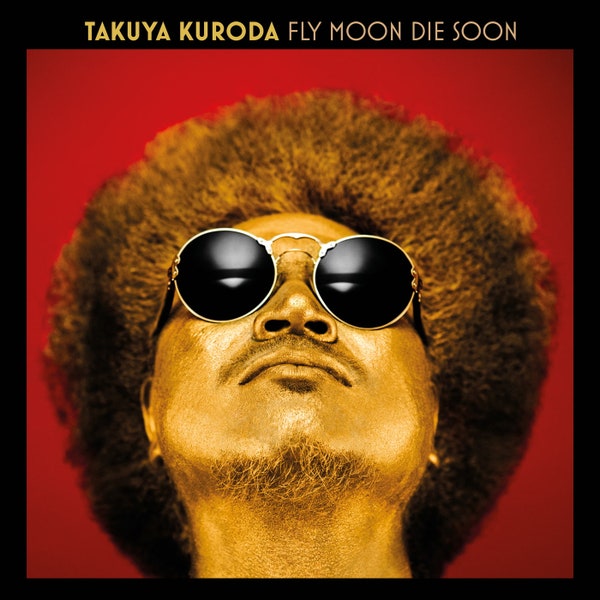
Takuya Kuroda’s ‘Fly Moon Die Soon’ entertains with unorthodox approaches to its sound
By Jonathan Pabico, Senior Columnist
3/5
Musician Takuya Kuroda’s newest jazz album Fly Moon Die Soonfeels really off-kilter when listening to it for the first time. It’s very much an experimental repertoire with some ideas drawn from electronic jazz. While motivated by their eclectic motif of being new and diverse, each track may take several listens to better appreciate Kuroda’s distinct artistry. There is, however, much to enjoy from this recent soundtrack.
Kuroda infuses his playlist with zany arrangements that add unconventional takes for his tracks. The song “TKBK” provokes the listener’s curiosity with a distorted drum set intro followed by trumpet fanfare and slow guitar melodies. These compositions give rise to more percussion instruments like woodblocks that lend satisfying nuances to the piece.
The strange soundscape of “TKBK” bravely conveys how weird our lives can be as we experience new avenues to our cultural identities. The song also emphasizes the album’s main theme that being different is a positive force that powers your authenticity as a person.
What truly makes Kuroda’s album so unique is its genre mixing that provides a laidback atmosphere. The track “CHANGE (ft. Corey King)” combines funky vocals with the guitar’s psychedelic tone. The trumpet’s charismatic swings elevate this synergy and make the song sound at times like a black-and-white film from the ’30s or ’40s.
If you’re looking for something less experimental, Kuroda’s last album Zigzagger is the right selection for listeners who expect the typically stylish music from the current jazz scene. However, his recent work is a more innovative follow-up with its eccentric craft and riskier contemporary choices.
Many songs, though, start to blend synthesizer tones with traditional jazz combos that work enough in some instances but not in others. The piece “Moody” has an energetic trumpet solo matched with smooth percussion beats. Even so, the electronic music transforms into a backdrop that feels unnecessary in the track. Kuroda could have used more synthesizer or omitted it entirely to allow his arrangements to go unimpeded.
Exceptions to this problem are tracks like “Tell Me A Bedtime Story.” The song uses the synthesizer to accentuate the dynamics from the trumpet, piano, and drum set for an offbeat elegance. The electronic hums give plenty of space for other instrument flourishes to let loose with their dominating playfulness.
Overall, Takuya Kuroda’s Fly Moon Die Soon isn’t as powerful as other modern-day jazz collections. Still, the album has peculiar music approaches that illustrate Kuroda’s exciting abandon to be the most subversive artist among his peers. The songs may not be for everyone, but they do deliver enough zest with their inventive flavours for those in search of the weird and unexpected.



